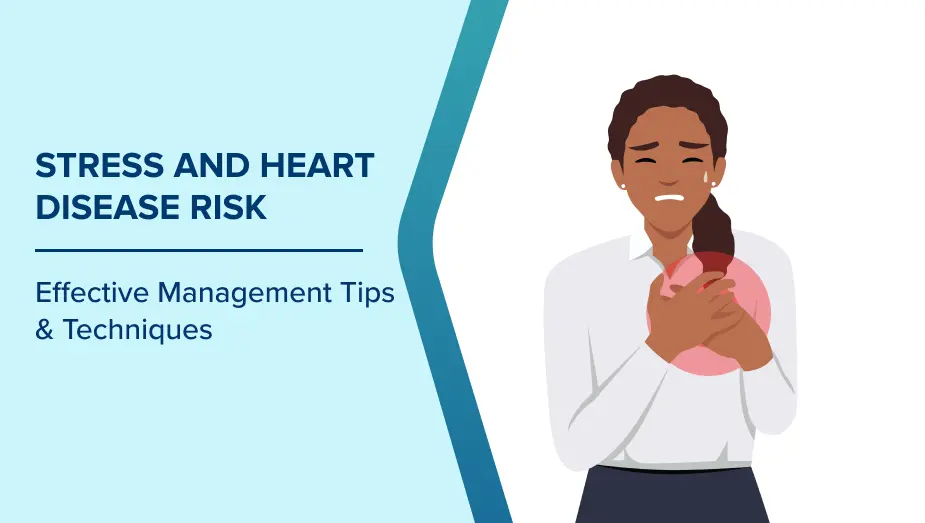Stress and Heart Disease Risk: Effective Management Tips & Techniques
'My life is in the hands of any rascal who chooses to annoy and tease me." So said the 18th-century Scottish surgeon and anatomist John Hunter, who prophetically died of a heart attack brought on by an argument at St George's Hospital, London, concerning the admission of students!
We have always known that stress can kill. The term "she died of a broken heart" is not just poetic but can be a medical reality, though, thankfully, such extreme examples are rare. More common and important is the fact that those who have personal or job stress, depression, or loss of a loved one, especially a spouse, are about twofold more likely to have a heart attack.
There are various theories about how the ill effects of stress on the heart can happen, including an inborn "fight or flight response" with increased brain alerting activity and hormones. This can lead to fast pulse and blood pressure, over-breathing and even reduced immunity. It can also cause electrical rhythm disturbance, which can be fatal, presumably, for Dr Hunter. We often talk about stress, but it isn't easy to pin down, measure, or even define. Stress is distinct from stressors, a staple feature of modern life. Some people may be in constant high-pressure situations yet are unfazed. So, stress is our response to the stressors. If you stop enjoying the pressure, it's time to worry, pause, and maybe re-balance your life.
Conventional risk factors like high blood pressure, diabetes, cholesterol and smoking, obesity, lack of exercise, etc., are related to faulty lifestyles but account for only a minority of cases of heart attack. In many instances, we create stress that contributes to coronary-prone behaviour. Some dangerous traits like excess anger, hostility, aggressiveness, time urgency, inappropriate competitiveness and preoccupation with work have been called Type A personality or coronary-prone behaviour. Its mitigation is essential for a healthy lifestyle.


